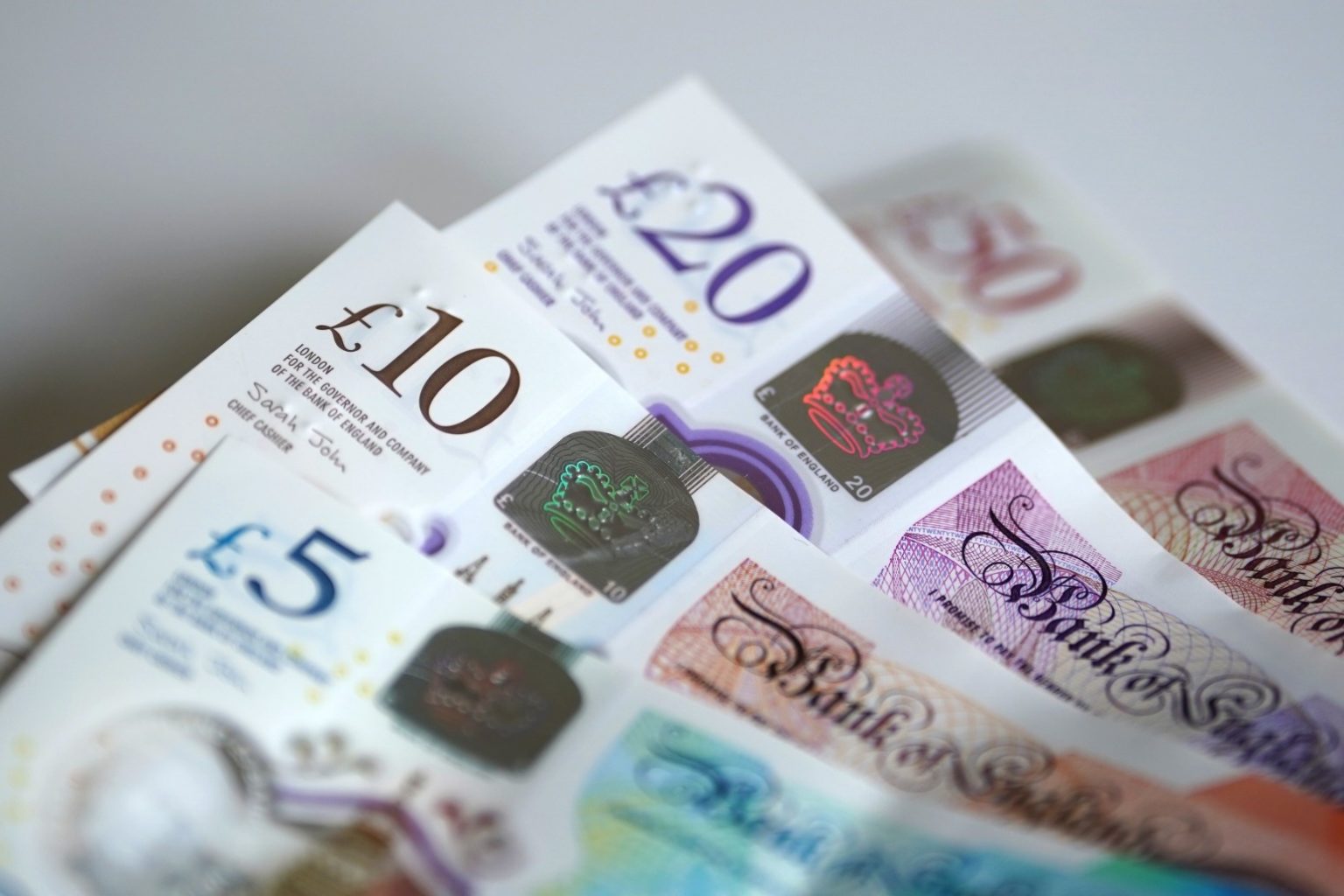By Adeyemi Adekunle
The UK economy saw no growth between July and September, according to revised figures from the Office for National Statistics (ONS). Initial estimates suggested a small 0.1% rise, but updated data now shows complete stagnation.
The ONS also downgraded its April-to-June growth figure from 0.5% to 0.4%, pointing to weaker performances in key areas like bars, restaurants, legal services, and advertising. Household finances remain under pressure, with real disposable income per person showing no improvement, adding to concerns about the state of the economy.
Chancellor Rachel Reeves admitted the economic challenges are significant, saying October’s Budget will aim to create “sustainable long-term growth” and put more money in people’s pockets. However, business groups have expressed serious concerns.
The Confederation of British Industry (CBI), which represents around 170,000 firms, described the situation as bleak. In its latest survey, the group reported that many businesses plan to cut output and reduce hiring while also raising prices to cope with the tax increases announced in the government’s Budget. The CBI warned that the current path risks delivering “the worst of all worlds” for the economy.
Inflation, which is rising at its fastest pace since March, continues to eat into household budgets and business costs alike. The Bank of England, which decided last week to hold interest rates steady, has also downgraded its expectations for economic growth in the final quarter of the year. Initially predicting 0.3% growth, the Bank now expects zero growth from October to December.
The stagnation has sparked criticism of the government’s approach, with some blaming the combination of high taxes and a lack of targeted economic support. Businesses, particularly in sectors like hospitality and advertising, have struggled to recover momentum amid rising costs and cautious consumer spending.
Labour, which has made boosting growth a key priority, faces mounting pressure to demonstrate how it will deliver on its promise of the highest sustained growth in the G7.
While the party’s leadership has stressed the importance of investment and innovation, critics say more concrete plans are needed to inspire confidence.
For households, the impact of zero growth is already being felt. Rising inflation means prices continue to climb, while wages fail to keep pace. Business owners are also feeling the strain, with many warning that without significant changes, both investment and job creation will remain low.
The Chancellor insists that the upcoming Budget will address these issues and provide a clear path forward, but doubts remain. Economists warn that without bold action to stimulate productivity and reduce costs for businesses and consumers, the economy risks prolonged stagnation.




